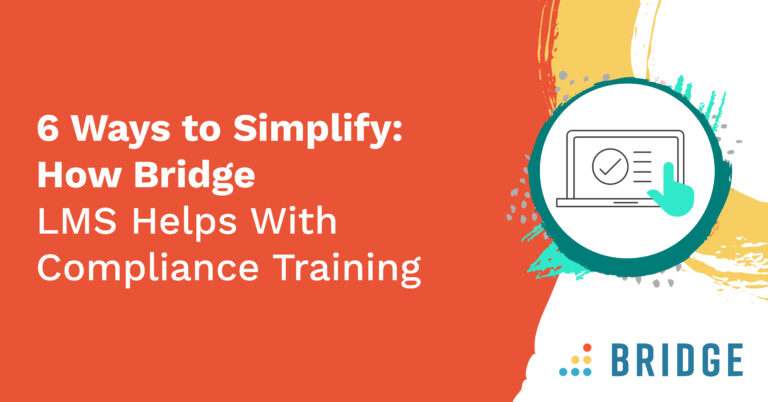The beauty behind Practice’s pedagogical design is that it gives you, an instructor, the ability to multiply yourself or another expert in your field. For learners to perfect their skills, they need timely, specific feedback. Assuming you are training or teaching dozens, if not more learners, providing all of your learners immediate, specific feedback is next to impossible. Practice gives you three ways to multiply and share your expertise without asking you to work 24 hours a day, 365 days of a year. First, we give you tools to guide your learners on how to provide each other with feedback. Second, we give you tools to capture and share a video where you or another expert demonstrates a best practice of the skill you are trying to teach. Finally, we give you tools to provide any feedback to an entire group of learners. This post will focus on the second tool we provide. We call it the Expert Response. The remainder of this post will break down the learning theory behind the Expert Response and how it fits into Practice’s pedagogical design as well as how you can create excellent Expert Responses.
Albert Bandura, Professor of Social Science in Psychology at Stanford University, is well-known for a variety of theories and experiments including his Bobo doll experiment, in which he found that children who observed aggressive treatment towards the dolls were more likely to imitate such behavior themselves. Among many other findings, Bandura developed the social learning and social cognitive theories. Bandura argued that people learn by observing others’ actions and the rewards and punishments of such actions. To be most effective, Bandura argued the modeling should:
- Capture the attention of the learner through engaging and relevant content (attention);
- Contain steps that are easily remembered and replicable by the learner (retention and reproduction); and
- Demonstrate why the learner would want to replicate the actions (motivation) (Bandura 1977).
Practice’s Expert Response captures learners attention by presenting a relevant skill – one the learners just practiced during the Challenge stage of an Practice exercise. Further, Expert Responses are encouraged to contain steps that are easily remembered and replicable by the learner as well as demonstrate why the learner should replicate certain skills. Through this process, learners reflect on their own practice and learn new practices. Armed with critique from peers during the Peer Review stage and an best practice example from the Expert Response, learners begin to implement new skills in their daily life.
Ask yourself these questions before you film your Expert Response:
- What skill is the Expert Response demonstrating?
- What are the sub-skills of the over skill?
- Why is each sub-skill important?
With those questions answered, begin filming! When you do so, be sure to follow these steps:
- Capture footage clearly demonstrating each sub-skill
- Take time after demonstrating the skill to explain why each sub-skill you demonstrated is important for the learner to mimic
Good luck creating excellent Expert Responses!



